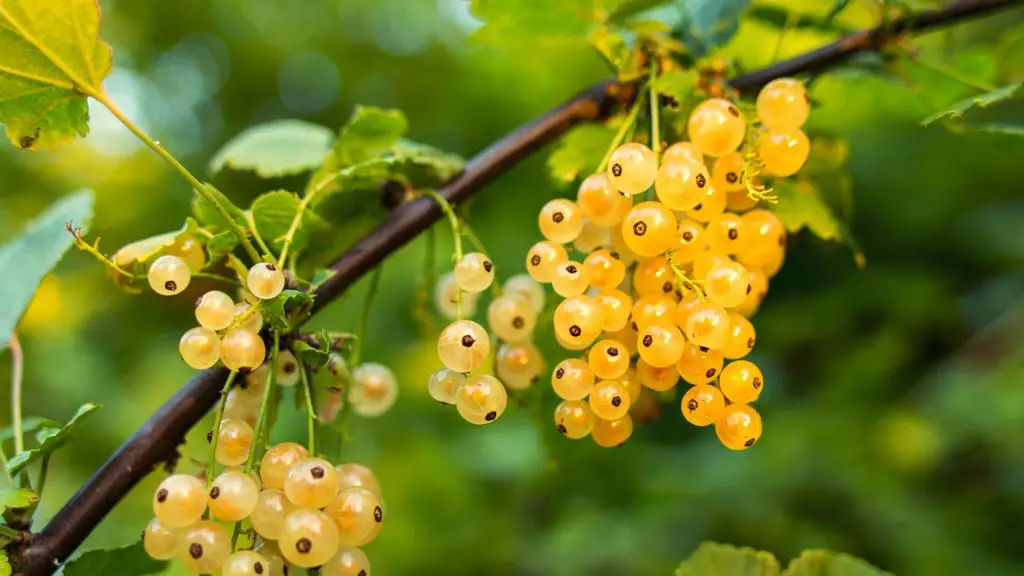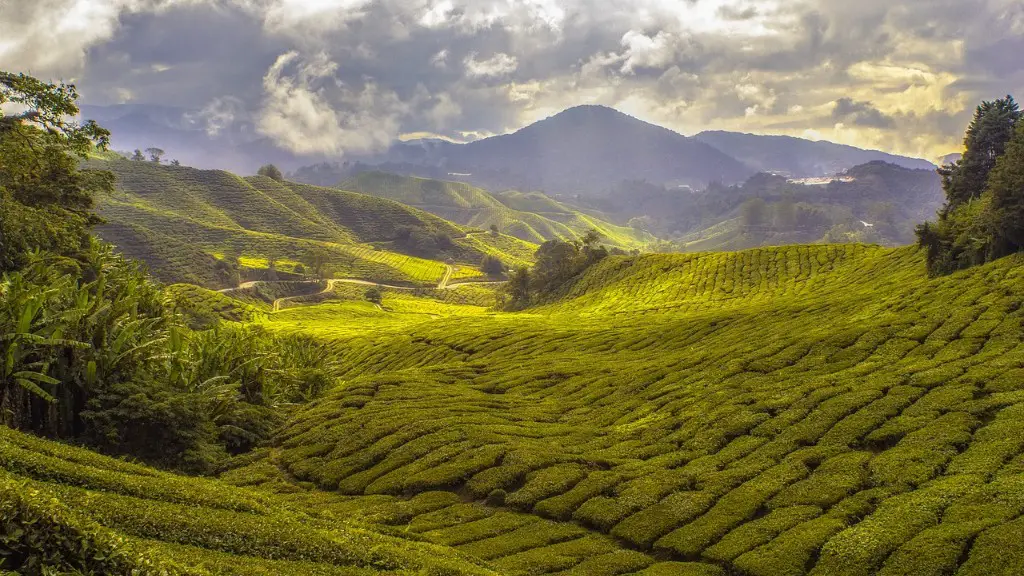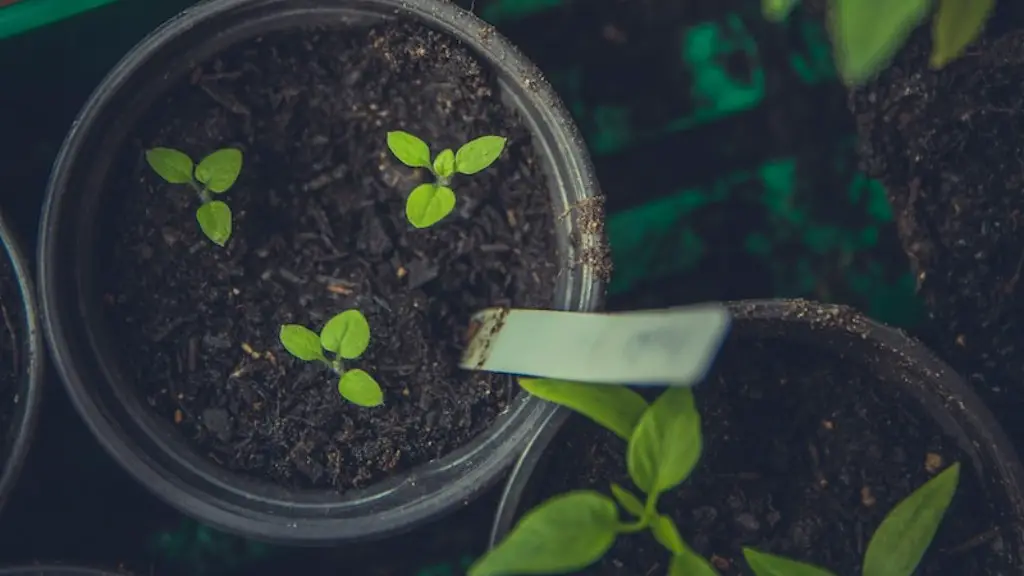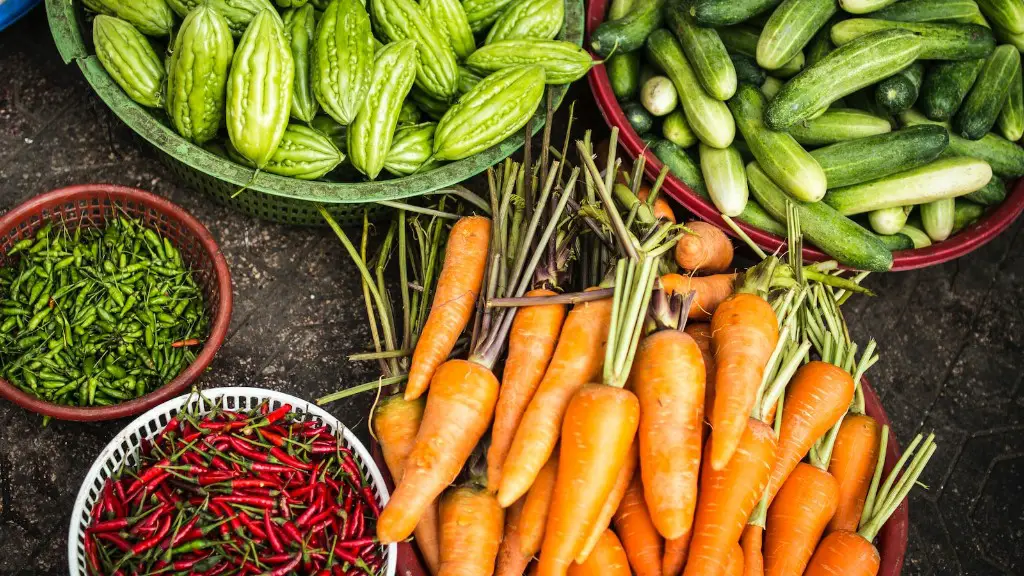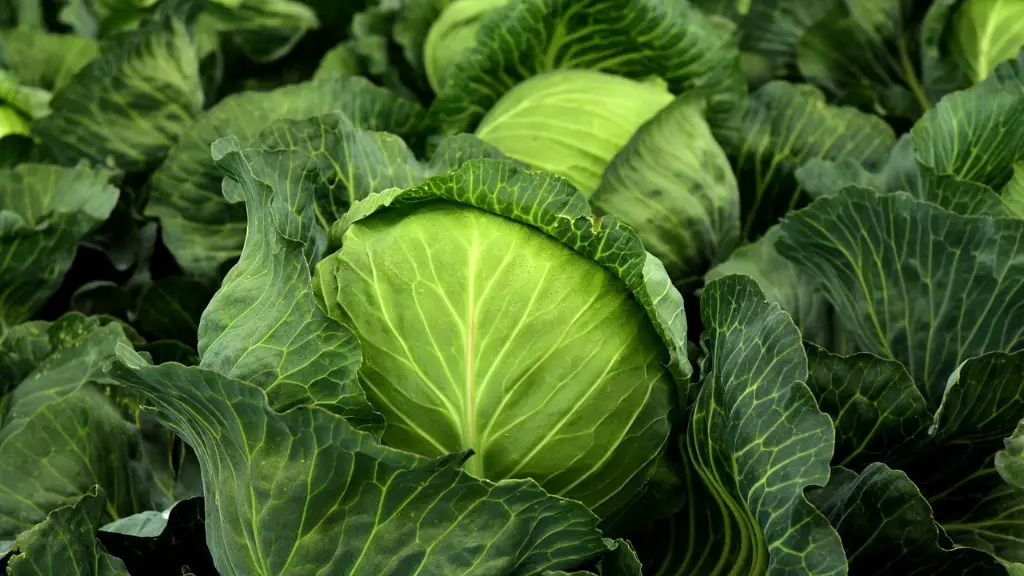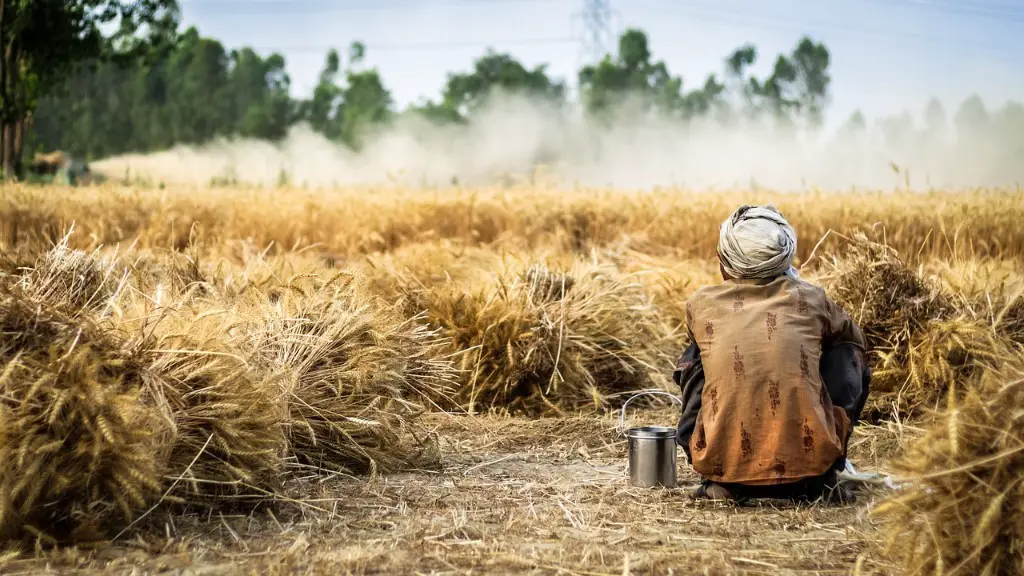Biodiversity plays a vital role in agriculture. It provides natural pest control, pollination, and soil health. Maintaining a healthy population of diverse species helps to ensure a stable and productive agricultural system.
Biological diversity, or biodiversity, is the variety of life on Earth. It includes all plants, animals, and microorganisms and their genes. Agricultural biodiversity includes the different plant and animal species that are used for food and other agricultural products. Agricultural biodiversity is important because it provides options for farmers and other food producers. For example, if one crop fails due to a disease, pests, or poor weather, farmers can choose another crop that is resistant to the problem. This can help reduce the risk of losing an entire harvest. Biodiversity also provides options for people who may have allergies or dietary restrictions. For example, someone who is allergic to wheat can eat rice or another grain instead.
Why is plant biodiversity important in agriculture?
Biodiversity in domesticated crops and livestock is important because it helps to ensure a large gene pool for traits like disease resistance. Growing only a few varieties of plants makes our food supply vulnerable to threats like climate change and disease. By diversifying the types of crops and livestock we raise, we can help to protect our food supply from these threats.
Agricultural biodiversity is essential for food security and sustainable agriculture. It helps farmers adapt to climate change, improve soil health, and conserve water and other resources. It also provides a wide range of benefits for humans, including improved nutrition, health, and livelihoods.
How does biodiversity loss affect farmers
The loss of biodiversity for food and agriculture is a major threat to food security and nutrition. With fewer plant and animal species, we are more vulnerable to pests and diseases. This is compounded by our reliance on fewer and fewer species to feed ourselves. We need to take action to protect biodiversity for food and agriculture.
Biodiversity is the variety of life in a given area. It includes all living things in an area, from microorganisms to blue whales. Biodiversity is important for the stability and productivity of ecosystems.
A recent study found that agricultural landscapes with more biodiversity are more productive. The study found that biodiversity benefits agriculture through such effects as an increase in pollinators, the presence of species that reduce pests, and better soil quality.
The study highlights the importance of conserving biodiversity, not just for the sake of the environment, but for the sake of human food security.
Is biodiversity good for farming?
Biodiversity is essential for the functioning of natural systems, and is therefore a key component of natural capital. A healthy level of biodiversity is vital for any farming system, as it ensures the provision of key ecosystem services such as water filtration and nutrient cycling. A loss of biodiversity can therefore have a negative impact on the productivity of a farm, and the wellbeing of those who depend on it.
Biodiversity is key to a healthy and productive agricultural ecosystem. By incorporating a diversity of plants and animals into agriculture, we can reap a number of benefits that help to improve soil health, reduce the need for fertilizers and pesticides, and protect our waterways from pollution.
What is the meaning of biodiversity in agriculture?
Agricultural biodiversity is essential for food security and for the sustainable management of natural resources. It helps farmers to adapt to changing conditions, provides insurance against crop failures, and supports the development of new products and services. Agricultural biodiversity also plays a key role in the provision of ecosystem services, such as pollination, pest control and soil fertility.
Biodiversity is important because it helps maintain the balance of life in an ecosystem. It also helps to ensure the survival of species by providing them with a means to adapt to changes in their environment.
What is 3 example of biodiversity
The term biodiversity generally refers to the variety and variability of life on Earth. Biodiversity is typically a measure of variation at the genetic, species, and ecosystem level. Areas with high biodiversity contain many different types of life, while areas with low biodiversity contain fewer types.
Agricultural biodiversity is a key issue for food security and sustainable development. It is essential for the provision of ecosystem services, for the conservation of genetic resources and for the economic development of rural communities. Agricultural biodiversity includes a wide range of plant and animal species, as well as the micro-organisms that play a vital role in the soil and in the pollination of crops. It also encompasses the traditional knowledge and practices of farmers, pastoralists and fishermen, who have developed a deep understanding of the ecosystems in which they live and work.
What do you mean by agricultural biodiversity?
Agricultural biodiversity is a crucial element in sustainable agriculture and food security. A diversity of crops and livestock helps to ensure that production is not disrupted by pests and diseases, and that yields are not affected by changes in climatic conditions.
The loss of agricultural biodiversity is a major concern, as it can lead to a loss of food security and livelihoods. It is therefore important to conserve and promote agricultural biodiversity.
Biodiversity is essential for the functioning of ecosystems, and human beings are completely reliant on ecosystems for their survival. Ecosystems provide us with clean air and water, food, medicine, and many other vital resources. They also regulate the climate, and help to protect us from extreme weather conditions.
Without biodiversity, our ecosystem would collapse and we would be unable to survive. We need to do everything we can to protect biodiversity and preserve our planet for future generations.
Why is biodiversity important to an ecosystem
Biodiversity is essential for the health of ecosystems. A variety of species ensures that the ecosystem can withstand threats and adapt to change. Even if certain species are affected by pollution, climate change or human activities, the ecosystem as a whole may be able to survive.
Biodiversity loss is a major global problem that is having significant impacts on human health. Ecosystem services are the benefits that humans receive from ecosystems, and when these services are lost, it can have direct, negative impacts on human health. Indirectly, biodiversity loss also affects livelihoods, income, local migration and can even cause or exacerbate political conflict. It is therefore critical that we take steps to protect and conserve biodiversity in order to safeguard human health and well-being.
How does biodiversity benefit medicine and agriculture?
Biodiversity is important for many reasons. It helps maintain the balance between living things and their environment by providing food, fuel, and medicine. It also helps reduce environmental risks such as climate change, pollution, and natural disasters. Biodiversity can be used in agriculture in many ways: To improve crop yields through improved soil quality.
Biodiversity is the key to stability in ecosystems. The more diverse the ecosystem, the more resilient it is to change. This is because species with high genetic diversity and many populations that are adapted to a wide variety of conditions are more likely to be able to weather disturbances, disease, and climate change.
Ecosystems with greater biodiversity are also more productive, meaning they can provide more resources for the creatures that live in them. So not only is biodiversity important for stability, but it’s also essential for the continued health and productivity of ecosystems.
How does biodiversity affect the environment
Without biodiversity, the survival of human beings would not be possible. Biodiversity provides us with food, clean water, and shelter. It also regulates the Earth’s climate, cleans the air we breathe, and recycles nutrients that keep the soil healthy.
Biodiversity is important to humans in a number of ways. Beyond the food we eat, the air we breathe, and the water we drink, humans depend on biodiversity for a number of so-called “ecosystem services.” These services can be classified into four main categories: provisioning, regulating, cultural, and supporting.
Provisioning services are those that provide us with basic needs like food, water, and fiber. Regulating services include things like climate regulation, flood control, and water purification. Cultural services are those that provide aesthetic or spiritual benefits, and supporting services include things like soil formation and nutrient cycling.
Each of these services is essential to human health and wellbeing, and the loss of biodiversity negatively impacts all of them. The Millennium Ecosystem Assessment found that about 60% of the world’s ecosystem services are currently being degraded or used unsustainably.
There is an urgent need to reverse this trend and to conserve and restore biodiversity in order to protect the vital services it provides to humanity.
Final Words
The loss of biodiversity is a major threat to agriculture. Agricultural systems are reliant on healthy ecosystems and the services they provide, such as pollination and soil fertility. The loss of biodiversity reduces the resilience of these systems and makes them more vulnerable to shocks, such as climate change. In addition, the loss of biodiversity can lead to the loss of valuable crop varieties and the decline of important ecosystem services.
Biodiversity can have both a positive and negative effect on agriculture. A positive effect includes the provision of natural pest control, pollination, and soil fertility. A negative effect includes the competeion for resources between crops and weeds.
